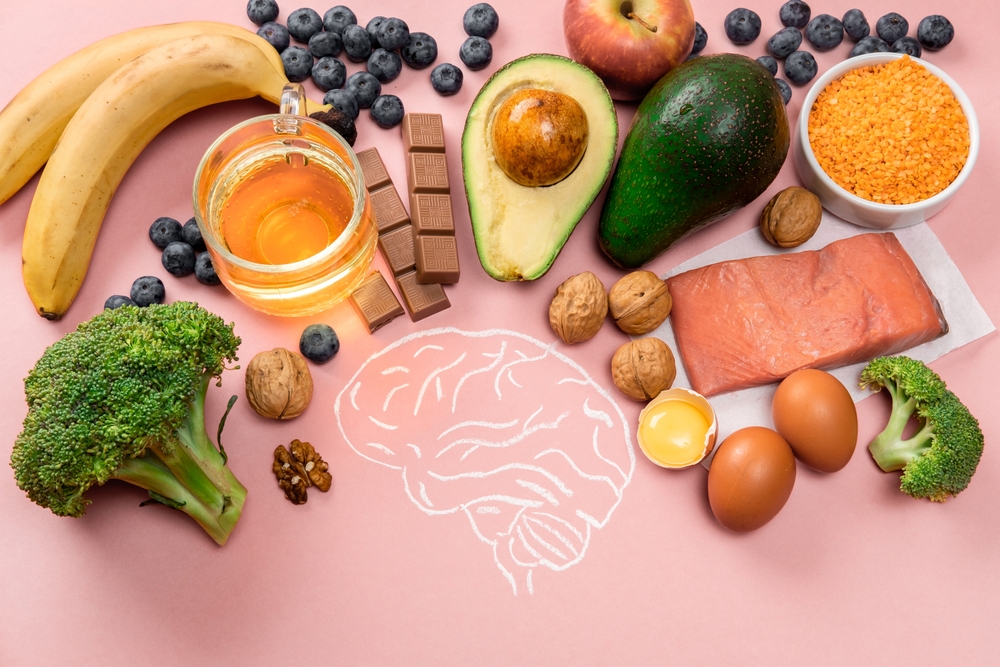Not all nutrients are created equal—especially if your genes say otherwise.
You eat well, take your supplements, and follow all the health advice. Yet, you still feel fatigued, get sick easily, or struggle with focus and mood. What if the problem isn’t what you’re eating—but how your body processes it?
Welcome to nutrigenomics—the science that reveals how your genes influence your nutrition at the molecular level.
Even with a perfectly balanced diet, some people still face hidden deficiencies. Why? Because genetic variations—called polymorphisms—can impair the absorption, conversion, or utilization of key vitamins and minerals. And most people never realize it.
Let’s take a closer look at some well-studied examples:
- 🥕 BCMO1 gene: This gene converts beta-carotene (found in carrots, sweet potatoes, and greens) into the active form of Vitamin A. People with BCMO1 variants may be “low converters,” meaning they don’t efficiently transform plant-based Vitamin A into its usable form—leaving them at risk for visual, immune, and skin issues even with a plant-rich diet.
- 🍃 MTHFR gene: Perhaps one of the most talked-about genes in nutritional genomics. It governs the conversion of folic acid into methylfolate, a critical cofactor in detoxification, brain health, energy metabolism, and DNA repair. MTHFR variants (such as C677T or A1298C) can reduce enzyme function by up to 70%, requiring active forms of folate for optimal function.
- ☀️ VDR gene: This gene influences your body’s ability to utilize Vitamin D. People with VDR polymorphisms may not effectively convert Vitamin D into its active form, regardless of sun exposure or supplement intake—affecting immunity, bone density, mood, and even inflammation.
Relationship between Genes and Nutrients Absorption
And that’s just the beginning. Variants in FUT2, TCN2, COMT, SOD2, and others can impact everything from B12 absorption and iron metabolism to antioxidant capacity 与 neurotransmitter balance.
These genetic roadblocks don’t always trigger clinical deficiencies—but they can cause “suboptimal function,” where your body is just not performing at its best.
That’s why a nutrigenomics testis a game-changer for health-conscious individuals, clinicians, athletes, and anyone on a supplement plan. Instead of following generic advice, you’ll get precise answers on:
- Which nutrients your body struggles with
- What form of the nutrient (e.g., methylated, active, or whole-food derived) works best for you
- How to tailor your supplement intake for better absorption and impact
- Long-term strategies to prevent deficiency-related conditions
No more guesswork. No more wasting money on supplements you don’t need.
Just smart, DNA-guided nutrition that helps you feel better, think clearer, and live healthier.
Optimize your nutrition with a genetic report that’s personalized to you. With the SuperDNA Nutrigenomics test, you can finally nourish your body the way it was designed to be nourished.






